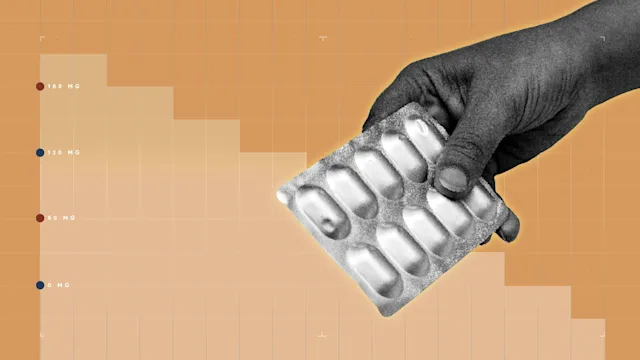Brain fog is a common symptom of menopause, and while you can’t cure it, you can treat it with a healthy lifestyle.
Eating healthy, exercising frequently, and getting plenty of sleep are great ways to boost concentration, memory, and cognitive ability. Over time, the brain fog will clear up on its own. But in the meantime, taking care of yourself is the best way to combat it.
References
Dzierzewski, J. M., et al. (2017). Sleep and cognition in the older adult. Sleep Medicine Clinics.
Greendale, G. A., et al. (2012). Dietary phytoestrogen intakes and cognitive function during the menopause transition: Results from the SWAN phytoestrogen study. Menopause.
Johnson, A., et al. (2019). Complementary and alternative medicine for menopause. Journal of Evidence-Based Integrative Medicine.
Madsen, T. E., et al. (2023). A review of hormone and non-hormonal therapy options for the treatment of menopause. International Journal of Women’s Health.
McGrattan, A. M., et al. (2019). Diet and inflammation in cognitive ageing and Alzheimer’s disease. Current Nutrition Reports.
McWhirter, L., et al. (2022). What is brain fog? Journal of Neurology, Neurosurgery, and Psychiatry.
Northey, J. M., et al. (2017). Exercise interventions for cognitive function in adults older than 50: A systematic review with meta-analysis. British Journal of Sports Medicine.

Why trust our experts?














